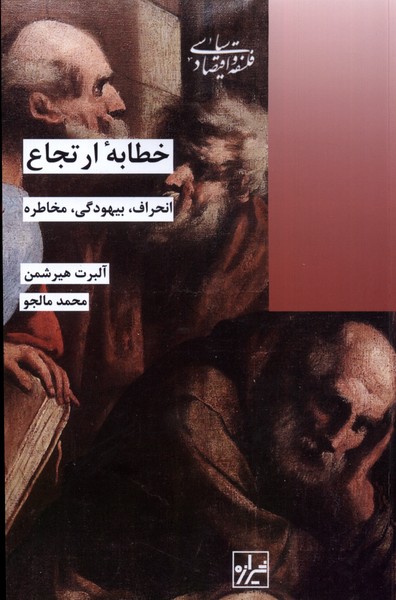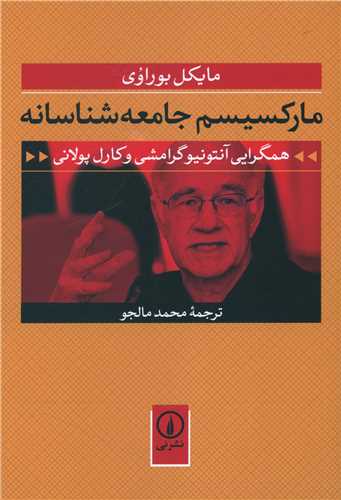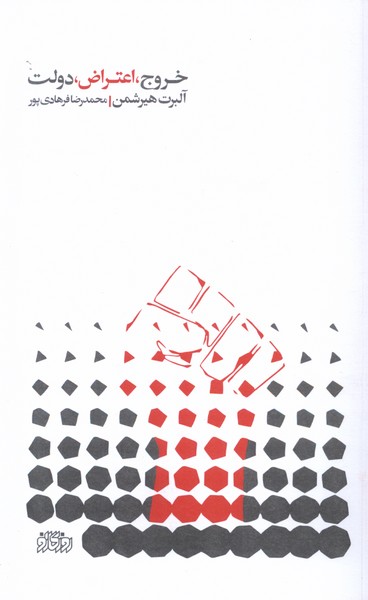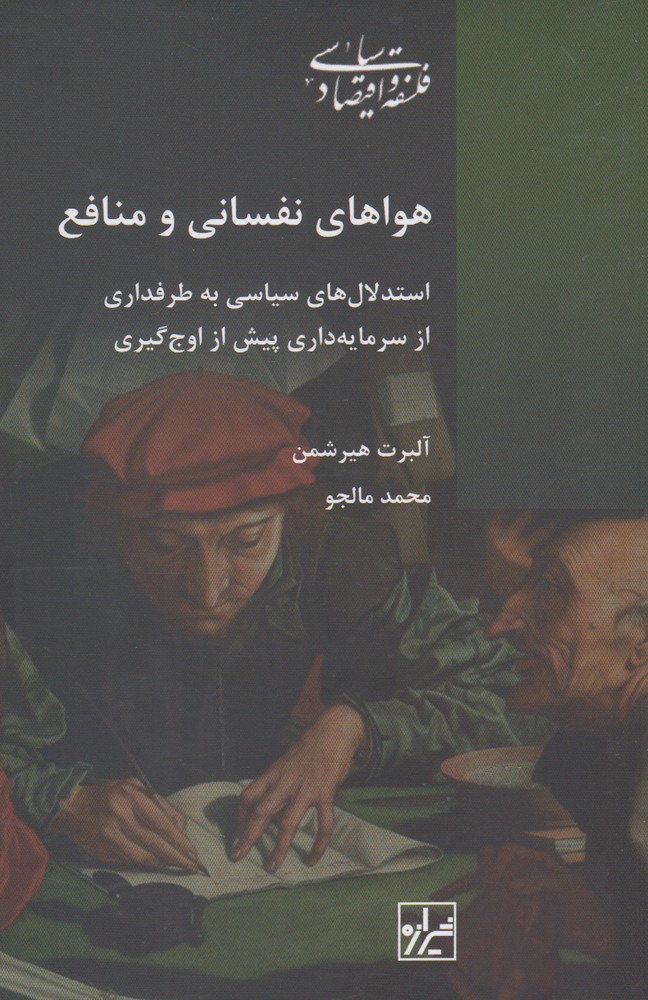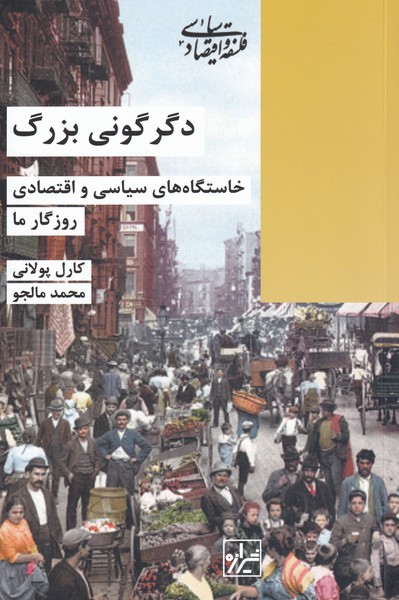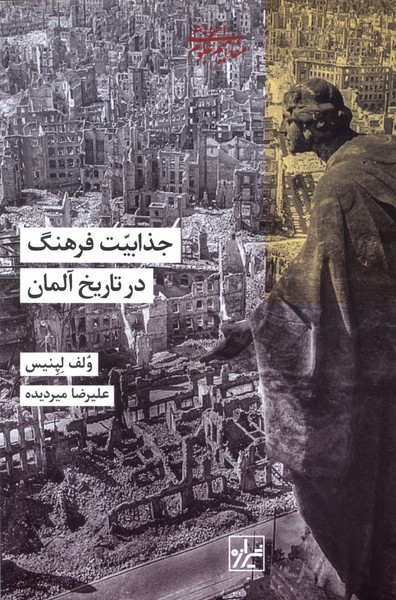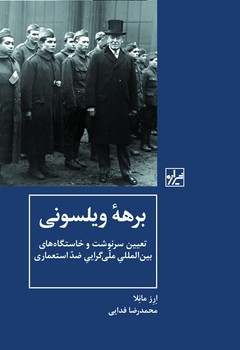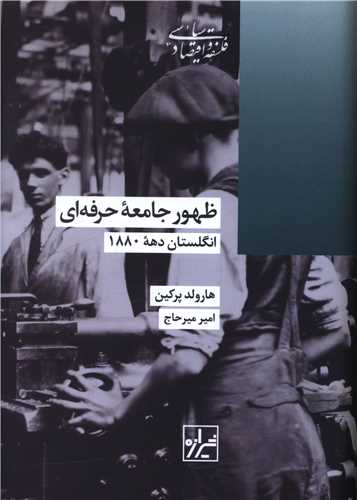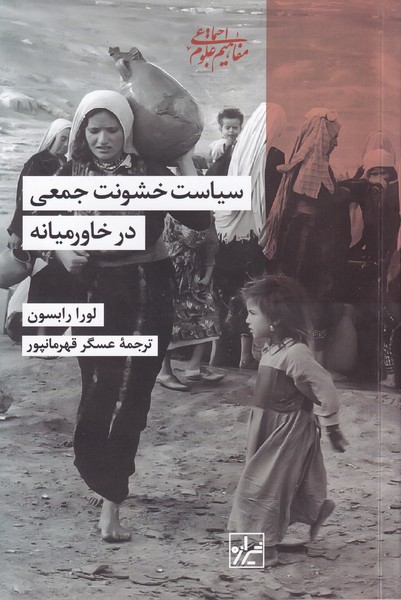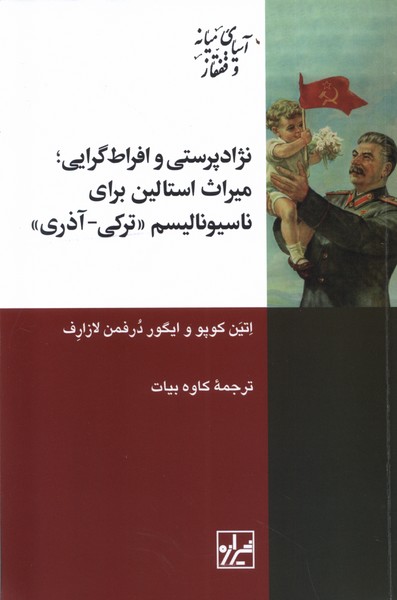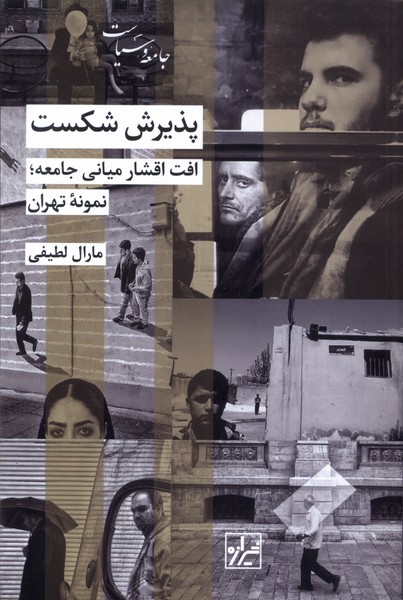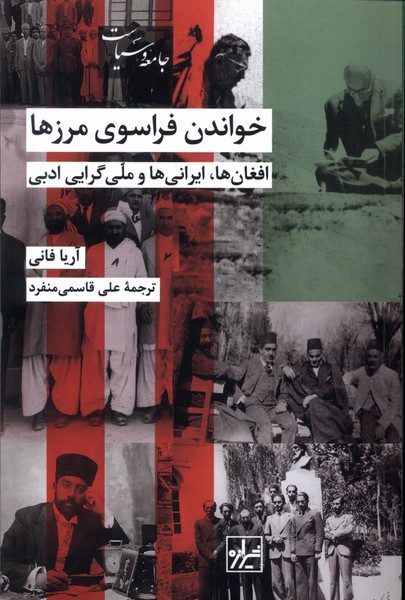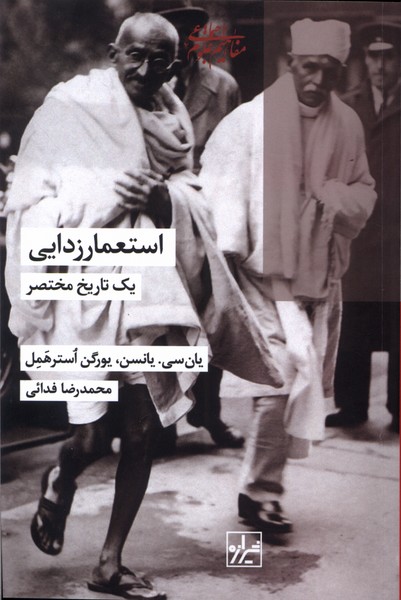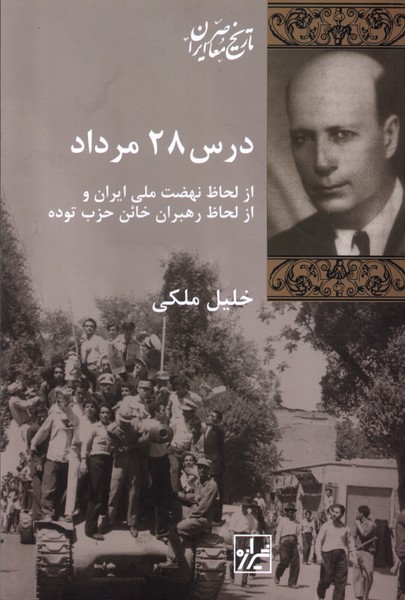خطابهی ارتجاع الفارسية 1445
Khaṭābah-yi Irtijā'
21٫64 $
مشاركة
Wishlist
العنوان الأصلي:
The Rhetoric of Reaction: Perversity
,
Futility
,
Jeopardy
ISBN رقم:
9789642509454
المترجم:
Muḥammad māljū
الناشر:
Shirazih
الفئة العمرية:
البالغون
الصفحات:
201
الوزن:
258 g
أبعاد المنتج:
14 x 21 x 1٫8 cm
غلاف الكتاب:
غلاف ورقی
With engaging wit and subtle irony, Albert Hirschman maps the diffuse and treacherous world of reactionary rhetoric in which conservative public figures, thinkers, and polemicists have been arguing against progressive agendas and reforms for the past two hundred years.
Hirschman draws his examples from three successive waves of reactive thought that arose in response to the liberal ideas of the French Revolution and the Declaration of the Rights of Man, to democratization and the drive toward universal suffrage in the nineteenth century, and to the welfare state in our own century. In each case he identifies three principal arguments invariably used: (1) the perversity thesis, whereby any action to improve some feature of the political, social, or economic order is alleged to result in the exact opposite of what was intended; (2) the futility thesis, which predicts that attempts at social transformation will produce no effects whatever--will simply be incapable of making a dent in the status quo; (3) the jeopardy thesis, holding that the cost of the proposed reform is unacceptable because it will endanger previous hard-won accomplishments. He illustrates these propositions by citing writers across the centuries from Alexis de Tocqueville to George Stigler, Herbert Spencer to Jay Forrester, Edmund Burke to Charles Murray. Finally, in a lightning turnabout, he shows that progressives are frequently apt to employ closely related rhetorical postures, which are as biased as their reactionary counterparts. For those who aspire to the genuine dialogue that characterizes a truly democratic society, Hirschman points out that both types of rhetoric function, in effect, as contraptions designed to make debate impossible. In the process, his book makes an original contribution to democratic thought. The Rhetoric of Reaction is a delightful handbook for all discussions of public affairs, the welfare state, and the history of social, economic, and political thought, whether conducted by ordinary citizens or academics.
more
کتاب « خطابه ارتجاع» نوشته « آلبرت هیرشمن» توسط انتشارات شیرازه منتشر شده است.
هیرشمن انتقادات نومحافظه کارانه از امنیت اجتماعی و دیگر برنامه های رفاه اجتماعی را نقطه شروع می داند. هیرشمن با یادآوری نظریه توماس همفری مارشال در مورد توسعه شهروندی در غرب که به وسیله آن ابعاد مدنی، سیاسی و اجتماعی شهروندی به طور متوالی به دست میآید، لفاظی مرتجعین را با استناد به استدلالهایی در مورد سه اصلاحات عمده نشان میدهد: انقلاب فرانسه، حرکت به سمت حق رای جهانی در قرن 19 و 20، و نگرانی در مورد دولت رفاه در زمان او.
آلبرت هیرشمن با شوخ طبعی جذاب و کنایهای ظریف، دنیای پراکنده و خائنانه لفاظیهای ارتجاعی را ترسیم میکند که در آن شخصیتهای عمومی محافظهکار، متفکران و جدلگرایان در دویست سال گذشته علیه برنامهها و اصلاحات مترقی بحث میکنند.
هیرشمن نمونه های خود را از سه موج متوالی تفکر واکنشی که در پاسخ به ایده های لیبرال انقلاب فرانسه و اعلامیه حقوق بشر، تا دموکراتیزه شدن و حرکت به سوی حق رای همگانی در قرن نوزدهم و دولت رفاه به وجود آمد، استخراج می کند. در قرن خودمان در هر مورد، او سه استدلال اصلی را مشخص میکند که همواره مورد استفاده قرار میگیرند: (1) تز انحراف، که به موجب آن هر اقدامی برای بهبود برخی از ویژگیهای نظم سیاسی، اجتماعی یا اقتصادی ادعا میشود که دقیقا برعکس آنچه مورد نظر بود، نتیجه میدهد. (2) تز بیهودگی، که پیشبینی میکند تلاشها برای دگرگونی اجتماعی هیچ تأثیری به همراه نخواهد داشت – به سادگی قادر به ایجاد لکهای در وضعیت موجود نخواهد بود. (3) تز خطر، معتقد است که هزینه اصلاحات پیشنهادی غیرقابل قبول است زیرا دستاوردهای قبلی را به خطر می اندازد.
more

